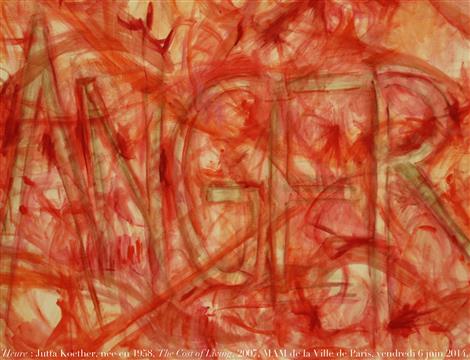
This article was originally published by International Crisis Group on 28 April 2017.
The Balkans was best known for minority problems. Today, the most bitter conflicts are between parties that appeal to majority ethnic communities. As recent turbulence in Macedonia shows, Eastern Europe could face new dangers if majority populism ends the current stigma against separatism for oppressed small groups.
The trouble in the Balkans today is not Russian meddling, though there is some of that, but a special case of the malaise afflicting Eastern Europe: unchecked executive power, erosion of the rule of law, xenophobia directed at neighbours and migrants and pervasive economic insecurity. The pattern varies from country to country but is palpable from Szczecin on the Baltic to Istanbul on the Bosporus. The countries of the Western Balkans – Albania, Bosnia and Herzegovina, Kosovo, Macedonia, Montenegro, and Serbia – have long tended to follow patterns set by their larger, more powerful neighbours. They are doing it again.
The ability of the European Union (EU) to fix problems in the Balkans is hamstrung when the same troubles persist within its own borders, sometimes in more acute form. Take erosion of democratic norms: Hungary over the past decade has slid from 2.14 to 3.54 on Freedom House’s “Nations in Transit” democracy score (lower is better). Poland’s decline is more recent but equally steep. Croatia is also backsliding. Almost all the Western Balkan states are declining, too, but more slowly.
